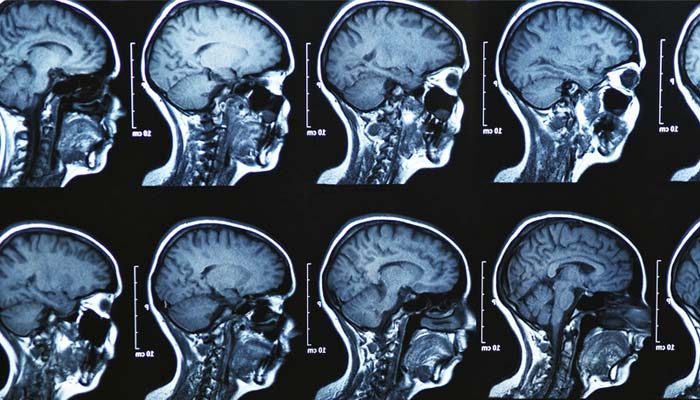Combining brain-stroke interventions
Researchers at Washington University are working to improve stroke management by combining clot-busting drugs and mechanical devices

Treatment of acute ischemic stroke is advancing nationwide through the use of inter-arterial mechanical devices that operate as retrievable stents designed to remove blood clots in the brain. Both the Concentric Merci Retriever® and the Penumbra Aspiration System® are approved for use in the US.
In ischemic strokes a clot disrupts blood flow. The clot-busting drug tPA is regarded as a gold standard for acute ischemic stroke treatment in select patients. However, tPA is not as effective in opening large-artery blockages as it is in opening small-branch blockages, according to Colin Derdeyn, MD, director of the Washington University and Barnes-Jewish Stroke and Cerebrovascular Center.
Washington University researchers are looking at ways to increase positive outcomes for stroke patients by combining tPA and mechanical devices through the Interventional Management of Stroke—Phase 3 Trial, which is funded by the National Institutes of Health (NIH). Intravenous tPA is administered to all patients. Patients are then randomized to intravenous (IV) tPA alone or IV tPA followed by intra-arterial mechanical intervention.
“We know that mechanical devices are better than IV tPA for opening up blockages in the large arteries at the base of the brain,” says Derdeyn.
“However, we also know there are complications from these procedures, and it takes more time to get the patient to angio and get the artery open. Because of these issues, we don’t know if adding mechanical intervention to intravenous tPA will result in better patient outcomes. This trial will answer that question.”
Editor’s note: This study is no longer active.







